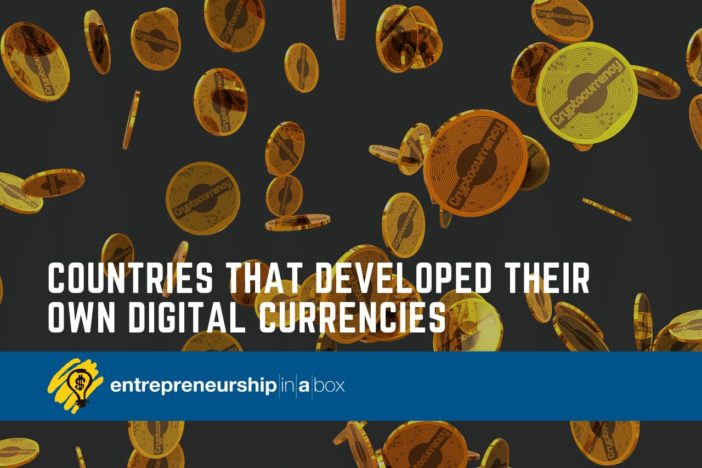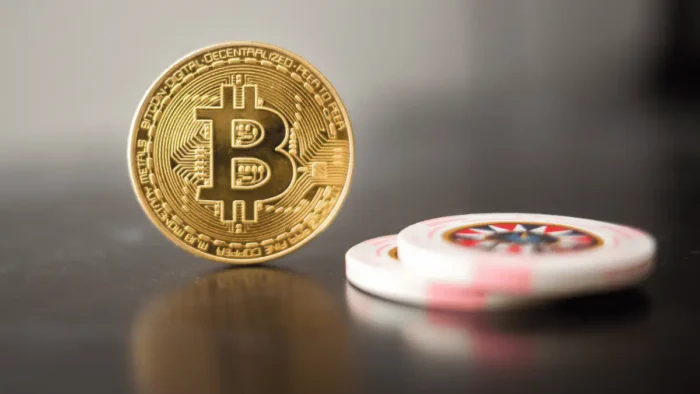Given the popularity of fintech solutions and digital assets, no wonder why central banks globally feel threatened by digital currencies, which might take over paper money and become the norm.
This is the reason why nine countries have already launched their own digital currencies. The decision for any central bank to create a central bank-controlled digital currency, or CBDC, is exactly to compete with popular crypto projects and providers.
To be more precise, CBDCs were created to encourage people to use digital payments and provide central banks with an alternative to cash. Note that any CBDC is pegged to its physical equivalent. For instance, the value of e-Naira is equal to that of Nigeria’s physical Naira.
Looking back, Project Helvetia was one of the first financial experiments launched by the Swiss National Bank that involved five commercial banks using an SNB-issued prototype digital currency for cross-border and inter-bank transactions. The European Central Bank also started a digital euro project; currently, it is undergoing assessments about its launch in the next years. While the US has not begun testing one, we should note that the Federal Reserve is considering the potential of a CBDC and informed the Senate Banking Committee through its Chairman Jerome Powell that the Central Bank would release a report soon.
Though many people are excited about the opportunity of digital cash, crypto enthusiasts who oppose CBDCs argue that these currencies are prone to cybersecurity threats and poor anonymity. Even if you are not interested in CBDCs, as a crypto trader, you should fully understand the difference between cryptocurrencies and CBDCs.
As stated on Immediate Edge, a platform that connects brokers and traders, “Global problems are all around us, forcing many to stash cash under the mattress. But let us tell you a secret… It’s time for you to stop playing defensive. It’s time for you to take an active role in reshaping the future of your own finances.”
To help you understand the field and reshape your future, here we explore the places where CBDCs are more than a concept. As stated by the Atlantic Council, which deals with international security and the global economy, nine countries have created their own CBDC.
China
China’s central bank, the People’s Bank of China (PBOC), is in the process of developing its own CBDC. China’s digital currency has been in development since 2014 but has not been fully released yet. The PBOC motivates the adoption of their digital yuan by giving away tens of millions of tokens. In addition, the pilot version of the digital yuan wallet application was already released by China’s central bank in ten areas, including Beijing and Shanghai. Note that China’s CBDC is WeChat compatible as well.
The Bahamas
The Sand Dollar is the digital currency of the Bahamas. This CBDC was the first for all countries to go beyond its experimental phase when it officially launched in October 2020. In a surprising move, the central bank of the Bahamas announced they would replace checks in the country by 2024 and encourage consumers to use the Sand Dollar and mobile wallet payments.
Nigeria
It took Nigeria three years to develop its e-Naira, the country’s CBDC, which was officially launched in October last year. During the launch, Governor Godwin Emefiele of the Central Bank of Nigeria reported that 500 million tokens had already been minted. As of the present, the use of e-Naira is exclusive to bank account holders. However, Bitt, an international fintech company that assisted Nigeria in the launch of the e-Naira, plans to develop ways on how Nigerians can use this e-currency even without having bank accounts.
Antigua and Barbuda, Grenada, Saint Kitts and Nevis, Saint Lucia, Dominica, and Montserrat
These island nations adopted their jointly-operated Eastern Caribbean Central Banks DCash digital currency. The development of the Eastern Caribbean dollar’s electronic version was materialised through the partnership with Bitt. People with or without a bank account can use the currency and make mobile-real-time payments with no charge.
Conclusion
Cryptocurrencies are making a significant impact in the world of finance. No surprise central banks of various governments feel the pressure of competing with these unregulated and volatile assets and creating their own digital currencies. Who will win? It’s yet to be seen.





